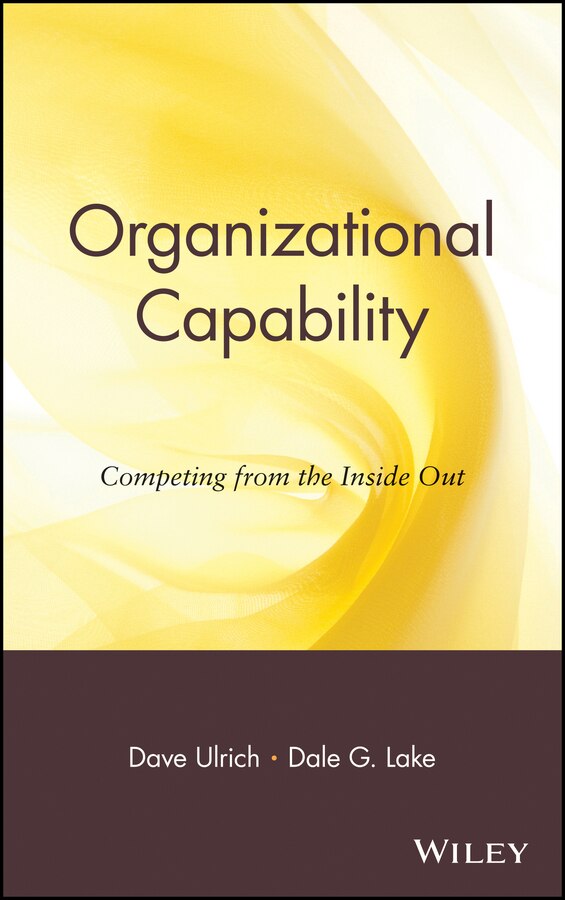Home
Business Systems and Organizational Capabilities by Richard Whitley, Paperback | Indigo Chapters
Loading Inventory...
Indigo
Business Systems and Organizational Capabilities by Richard Whitley, Paperback | Indigo Chapters
From Richard Whitley
Current price: $69.75


Indigo
Business Systems and Organizational Capabilities by Richard Whitley, Paperback | Indigo Chapters
From Richard Whitley
Current price: $69.75
Loading Inventory...
Size: 2.47 x 23.4 x 632
*Product information may vary - to confirm product availability, pricing, shipping and return information please contact Indigo
Twenty-first century capitalism has been marked by an increasing international economic independence, and considerable differences between dominant economic systems of coordination and control. In this context, national competition and coordination within industries has increased, but thegovernance of leading firms, and the kinds of competences they develop, remain quite diverse. This book shows how different kinds of firms become established and develop different capabilities in different societies, and as a result are effective in particular kinds of industries and markets. By integrating institutionalist approaches to organizations with the capabilities theory of the firm, Richard Whitley suggests how we can understand this combination of diversity and integration by developing the comparative business systems framework in three major ways. First, by identifying theparticular circumstances in which distinctive business systems and innovation systems become nationally established and reproduced, as well as how changing endogenous and exogenous pressures have affected the major kinds of business systems that developed in many OECD states during the postwarperiod. Second, by showing how variations in authority sharing with employees and business partners and in the provision of organizational careers lead institutional regimes to affect the nature of organizational capabilities that dominant firms develop and enable them to deal with different kindsof risks and opportunities in particular technologies and markets. Third, by identifying the circumstances in which multinational firms are likely to develop distinctive transnational organizational capabilities through such authority sharing and careers, and so become different kinds of companiesfrom their more domestically focused competitors. In many, if not most, cases of cross national managerial coordination, these conditions rarely exist, and so the extent to which multinational firms do indeed constitute distinct organizational forms and strategic actors is much less than issometimes claimed. | Business Systems and Organizational Capabilities by Richard Whitley, Paperback | Indigo Chapters














